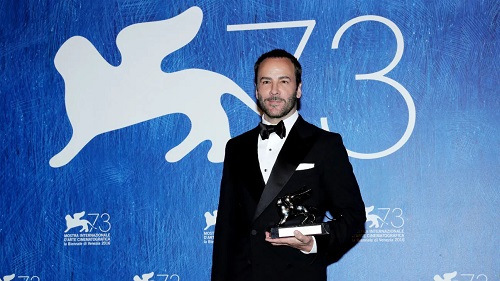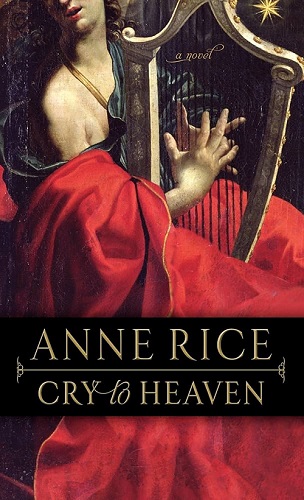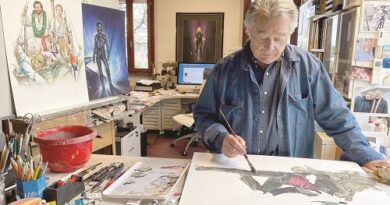Tom Ford invests in Italy, Again
TORONTO – Filmmakers are often seduced by what’s happening beyond their borders. At best, it produces artists like Quentin Tarantino, whose work is heavily influenced by Japanese exploitation flicks and Italian Spaghetti Westerns. But mostly, it’s a profit seeking exercise that produces terrible cinema. In the case of Tom Ford’s latest work – an adaptation of Anne Rice’s novel Cry to Heaven – hopes remain high.
It’s worth noting that the fashion maestro’s legacy began with his role as Gucci’s Creative Director in the 90s, where his work and vision catapulted the Florence based fashion house from the brink of bankruptcy. His upcoming film Cry to Heaven takes him back to Italy, but through an artistic time warp into the 18th century.
The novel was written in 1982, and was set in 18th century Venice and Naples. Neither a critical nor commercial success when it was released, it built a following over time, mainly among music and history lovers. The story follows a Venetian nobleman and a maestro castrato from Calabria, on their quest to succeed in the world of Opera.
For those unaware, the practice of preserving the unbroken male voice, via castration, began sometime in the late 16th century. In brief, the procedure saw young males aged seven through twelve submit to a medically induced coma; they were then submerged in an ice or milk bath in order to atrophy their testicles.
The practice began within the confines of the Vatican, in the name of art, to enable singers to hit the required falsettos for the Sistine Chapel Choir. The science behind it was to halt the production of testosterone via testicular secretion, a procedure which lowered the pitch of the prepubescent male voice by nearly 70%. Through this practice, parents now had a viable path for their sons to become successful musicians, mainly in the world of Opera.
The procedure alone sets the stage for what Rice’s novel describes as a decadent, beautiful and dark era in Opera’s history. The plot will follow a Venetian nobleman, Tonino, who rises to fame after being castrated by his half brother – and guided by a Calabrian opera star Guido.
For a story so richly layered with Italian musical culture and history, one would prefer, if not expect, an Italian filmmaker at the helm. But Rice’s book has been collecting dust for over 40 years with scant interest from an Italian Producer. A bit disappointing since Anne Rice is the same author who wrote Interview with a Vampire, a film that earned $270 million at the box office.
And so Tom Ford returns to Italy for a story about “betrayal, identity and redemption”, in the land of popes and the cradle of renaissance. But not as a director for hire. The American Director is self-financing it. Hot off the recent sale of his company to Estee Lauder for $2.8 billion, Ford’s priority was to create something in Italy – about Italy. Italian storytellers take note.
Image of Tom Ford at Venice Film Festival courtesy of Vittorio Zunino Celotto
Massimo Volpe is a filmmaker and freelance writer from Toronto: he writes reviews of Italian films/content on Netflix






